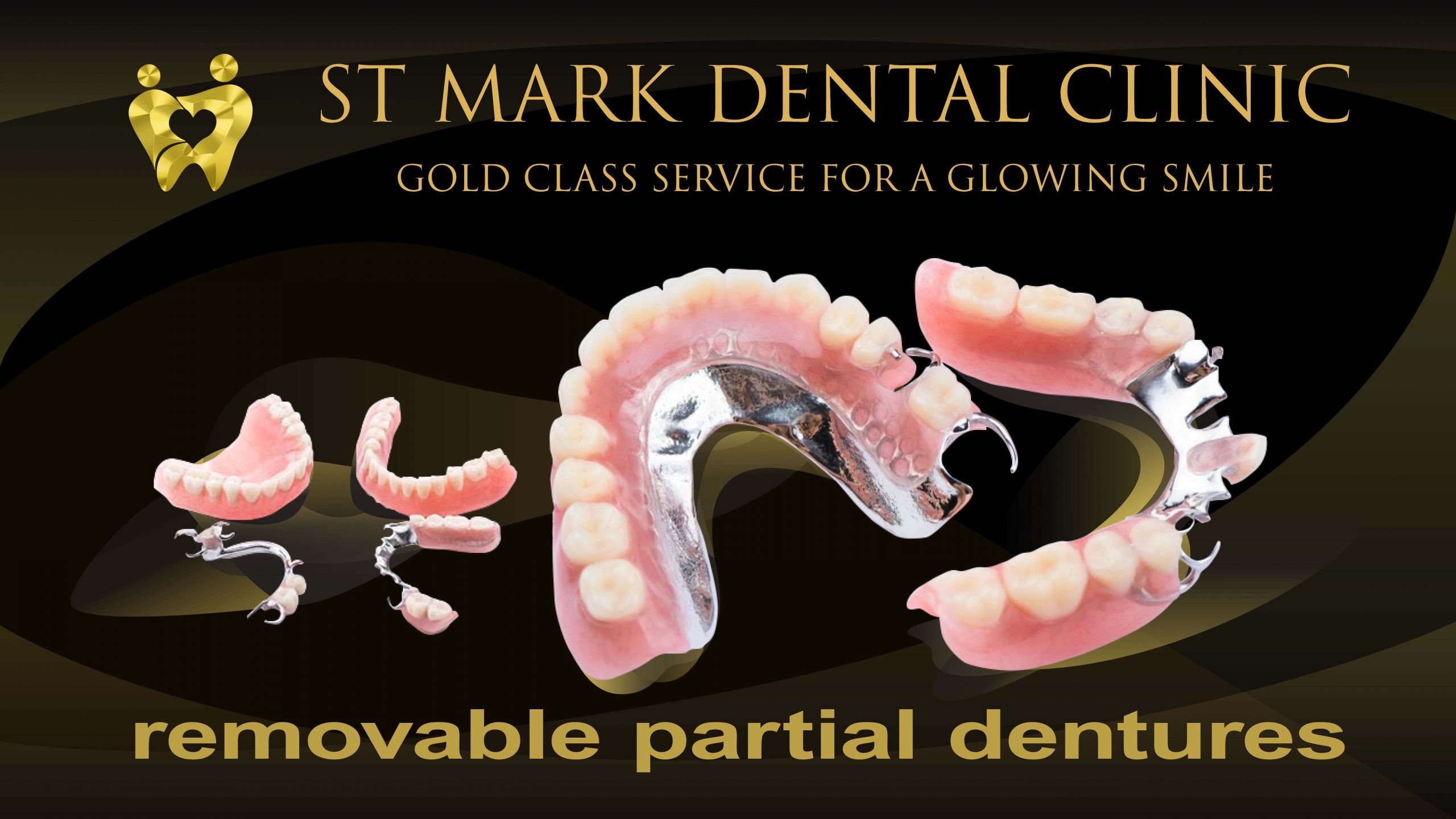Dentures
Dentures can be made to look like your natural teeth. There may be only a small change in how you look. Full dentures may even give you a better smile. Dentures also support the cheeks and lips so the face muscles do not sag and make you look older.
Dentures are customised by your dentist to fit your mouth to get the stability, balance and prevent them from being the cause of bleeding gums, swelling, and ulcers; however, even the best made dentures will feel a little irritating at first as you adjust to how they feel in your mouth. You may need to return to your clinician for minor adjustments.
Types of Dentures
There are three main types of dentures:
- A full denture – replacing all your natural teeth, these rest on your upper or lower jaws or both, providing support to your face and giving it a natural, more “filled-in” look.
- A partial denture – Replacing lost or missing teeth, this is held in place by clasps around your remaining teeth and may have a cobalt-chrome base for added strength.
- Implant supported complete Dentures – A complete denture may also be attached to dental implants, to have more stability and comfort.
In general, to support a complete upper denture 4 implants are required and 2 implants for lower denture, to have the same stability.
Immediate Dentures
In special cases, it may the best treatment plan. These dentures are made before the remaining teeth are removed. With immediate dentures, the patient does not have to go without teeth during the healing time. Once healing is complete, the dentures may need to be adjusted or relined. sometimes a new denture needs to be made.
If you’re having teeth removed and need a denture, your dentist may suggest waiting a few months after the teeth have been removed so that your gums can heal and the need for adjustment is minimised.
The Perfect Denture
You are the key to your new smile’s success. These four tips will help.
- Give yourself plenty of time to get used to your dentures
- Eat a balanced diet for good health
- Practice eating and speaking with your denture
- See your dentist regularly.



